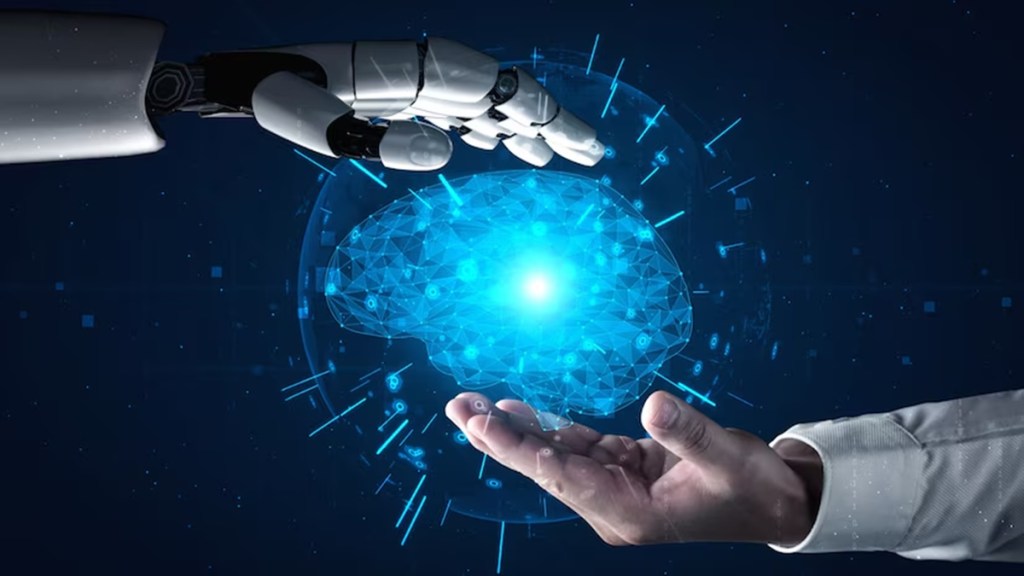Tata Sons chairman N Chandrasekaran on Friday outlined four essential layers and four key pillars necessary for India to achieve AI sovereignty while speaking at Mumbai Tech Week. He said that India must develop sovereign artificial intelligence (AI) capabilities to safeguard its languages, culture, and digital independence.
To build a strong AI ecosystem, Chandrasekaran highlighted four critical layers: a foundational layer to establish the India AI stack, a capability layer for AI model development, an application layer for creating adoptable AI solutions, and a governance layer to regulate AI deployment effectively.
Additionally, he identified four key pillars for AI sovereignty: technological sovereignty (developing tools and applications without external dependencies), data sovereignty (protecting Indian data), talent sovereignty (nurturing local AI expertise), and governance sovereignty (ensuring AI regulation aligns with India’s priorities).
“If we don’t develop sovereign AI capabilities, we run the risk of having all our activities, languages, and culture processed by AI systems that don’t understand India. This could lead to a form of digital colonialism that we must avoid,” Chandrasekaran said.
He clarified that sovereign AI does not mean technological isolation. “We need to build the necessary capabilities, put the infrastructure in place, and develop expertise to be completely independent in how we develop, deploy, and use AI with our data,” he said.
Despite the complexity of the task, Chandrasekaran expressed confidence in India’s ability to emerge as a leader in AI, citing the country’s vast and complex data ecosystem and robust digital public infrastructure. “The countries that lead AI will not only export AI technologies but will also shape future ways of thinking and drive global thought leadership,” he noted.
Highlighting AI as one of Tata Group’s top priorities, he said, “The group has four focus areas— AI, sustainability (especially new energy), geopolitical and supply chain resilience, and talent”.
Chandrasekaran described AI as an inflection point in human history, comparable to the discovery and application of electricity over a century ago. Addressing concerns about job losses due to AI adoption, he argued that generative AI (GenAI) would be a net job creator in India.
“Let’s acknowledge reality — some routine jobs will be displaced. Not every job will remain. But in most cases, AI, particularly GenAI, will assist low-skilled or no-skilled workers in performing at a significantly higher level of productivity,” he explained.
His remarks underscored the importance of India taking decisive steps to ensure its AI future is built on indigenous capabilities, reinforcing digital sovereignty while fostering innovation and economic growth.









